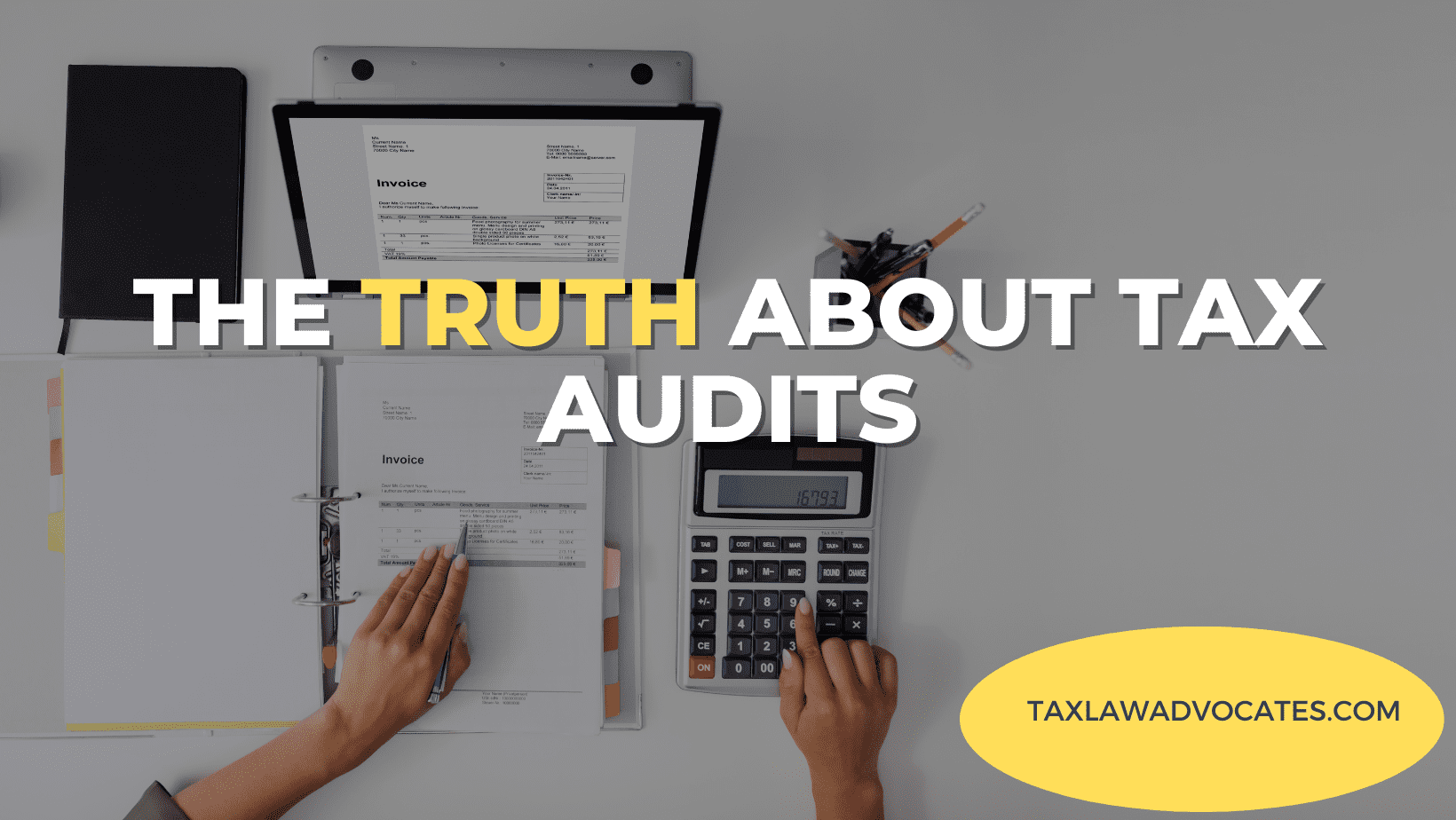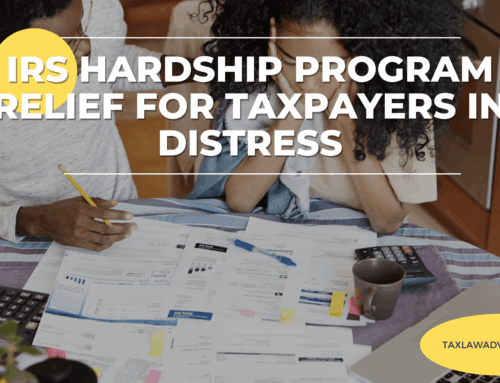The words “IRS audit” have long struck fear into the hearts of American taxpayers. We’ve all heard horror stories about audits that leave taxpayers exhausted and broke. The IRS even publicizes its audits of famous people around tax time every year to remind everyone of their power. But what are the actual odds of getting audited? Are certain groups, like the self-employed, automatically more likely to be audited? Let’s debunk these fears by looking at the actual statistics and the factors that influence audit risk.
Understanding the Likelihood of an IRS Audit
Contrary to popular belief, the likelihood of being audited by the IRS is actually quite low. The number of IRS audits has been declining for years. Currently, an American’s overall chances of being audited are about 1 in 200, or 0.5%. For most people, the fear of an audit is disproportionate to the actual risk.
The Types of IRS Audits
When the IRS does conduct audits, they come in three main forms: correspondence audits, office audits, and field audits.
Correspondence Audits
The majority of audits (about 75%) are correspondence audits. In these audits, the IRS sends the taxpayer a letter asking for additional information or documents to support certain items on their tax return. These are the simplest types of audits and are usually resolved by mailing the requested documentation.
Office Audits
If selected for an office audit, you will have an in-person interview at an IRS office. The IRS will ask you to bring specific documents and go over particular items on your tax return. It’s often a good idea to have a certified public accountant or tax attorney represent you during this meeting.
Field Audits
Field audits are the most comprehensive and involve the IRS coming to your home or business to examine your records. These audits are more intensive and typically yield more tax revenue than correspondence and office audits. If you are subject to a field audit, consulting with a tax professional is strongly recommended.
Who Gets Audited More Often?
Surprisingly, people who make less than $25,000 have a higher audit rate compared to middle-income earners. This higher rate is largely due to the earned income tax credit (EITC), which is prone to fraudulent claims. The IRS scrutinizes EITC claims closely to prevent abuse.
As expected, high-income individuals are also more likely to be audited. However, even among the wealthy, audit rates have decreased. From 2019 through 2022, the IRS audited only 0.4% of taxpayers earning between $1 million and $5 million—the lowest audit rate for millionaires since the IRS began tracking this data in 2004.
Factors That Influence Audit Risk
The IRS uses sophisticated algorithms to select tax returns for audits. Various factors can increase the likelihood of being audited:
- Large Deductions Relative to Income: Claiming large deductions that seem disproportionate to your income can raise red flags.
- Certain Types of Deductions: Auto, travel, and meal expenses, as well as casualty losses and bad debt deductions, are scrutinized more closely.
- Business Losses: Recurring business losses can make the IRS suspicious, especially for small businesses and sole proprietors.
- Unreported Income: The IRS matches W-2s and 1099s against reported income. Discrepancies can trigger an audit.
- Sloppy or Incomplete Returns: Missing schedules, math mistakes, or round numbers (e.g., $6,000 for advertising costs) can increase audit risk.
- High Earners: Those making over $500,000 are more likely to be audited compared to the general population.
- Self-Employment Income: Sole proprietors and freelancers are often scrutinized more due to the potential for unreported income and questionable deductions.
- Foreign Accounts: Having financial assets abroad increases audit chances.
- Digital Assets: Cryptocurrency transactions are a relatively new focus for the IRS, increasing the likelihood of audits for those who engage in such transactions.
- Charitable Deductions: Large charitable contributions relative to income can draw attention.
- Large Refunds: While not a direct trigger, large refunds resulting from questionable claims can prompt an audit.
What to Expect During an Audit
If you are selected for an audit, the IRS will notify you by mail—not by phone. Here’s what happens during different types of audits:
– Correspondence Audit: You’ll receive a letter asking for specific documents or clarification on certain items.
– Office Audit: You’ll schedule a meeting at an IRS office and bring relevant documentation.
– Field Audit: An IRS agent will visit your home or business to conduct a thorough examination of your records.
If you don’t have all your receipts, you can offer oral explanations, use approximations for some expenses, and reconstruct records when the originals are missing. However, you should always strive to keep meticulous records to substantiate your claims.
The Impact of Increased IRS Funding
Due to increased IRS funding, audit rates might rise in the near future. The IRS plans to hire thousands of new revenue agents over the next several years to bolster enforcement and collection activities. The focus will likely be on larger businesses and high-income individuals, with plans to increase audits of taxpayers earning $1 million or more by tenfold.
What Happens If You’re Audited?
If an auditor finds discrepancies in your tax return, you might face additional taxes, penalties, and interest. In severe cases of fraud or tax evasion, legal action could be taken. Conversely, if an audit results in the IRS owing you money, you might receive a refund. However, most audits result in a higher tax bill rather than a refund.
Should You Fear an IRS Audit?
While the possibility of an audit can be intimidating, understanding the actual risks and the process can alleviate much of the fear. The truth is that most audits are simple correspondence audits that can be resolved by mailing in documentation. High-income individuals and those claiming unusual or large deductions are more likely to be audited, but the overall risk remains low for the average taxpayer.
If you’re concerned about the possibility of an IRS audit or need assistance with your taxes, Tax Law Advocates can help. Our team of experts is dedicated to providing personalized tax relief services. Contact Tax Law Advocates today at 855-612-7777 or visit our website to learn more about how we can assist you with all your tax-related needs. Don’t let the fear of an audit keep you from filing confidently—reach out to Tax Law Advocates for professional guidance and support.






